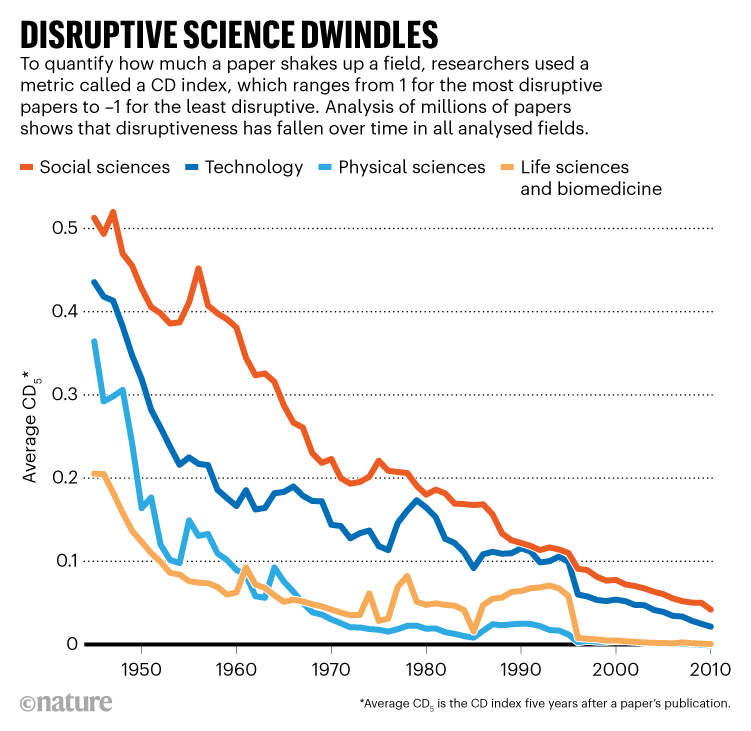A nice summary of the recent trends in AI, where we get these cool new images or art generated by AI. See more of this in the article from Techcrunch: [The Link]
—-
TC: There’s a lot of confusion about generative AI, including how new exactly it is, or whether it’s just become the latest buzzword.
JC: I think what happened to the AI world in general is that we had a sense that we could have deterministic AI, which would help us identify the truth of something. For example, is that a broken piece on the manufacturing line? Is that an appropriate meeting to have? It’s where you’re determining something using AI in the same way that a human determines something. That’s largely what AI has been for the last 10 to 15 years.
The other sets of algorithms in AI were more these diffusion algorithms, which were intended to look at huge corpuses of content and then generate something new from them, saying, ‘Here are 10,000 examples. Can we create the 10,001st example that is similar?’
Those were pretty fragile, pretty brittle, up until about a year and a half ago. [Now] the algorithms have gotten better. But more importantly, the corpuses of content we’ve been looking at have gotten bigger because we just have more processing power. So what’s happened is, these algorithms are riding Moore’s law — [with vastly improved] storage, bandwidth, speed of computation — and have suddenly become able to produce something that looks very much like what a human would produce. That means the face value of the text that it will write, and the face value of the drawing it will draw, looks very similar to what a human will do. And that’s all taken place in the last two years. So it’s not a new idea, but it’s newly at that threshold. That’s why everyone looks at this and says, ‘Wow, that’s magic.’
—-

